Sometimes it can feel like Hanukkah doesn’t hold a candle to Christmas.
Eight skinny, little Hanukkah candles can’t begin to compete with vibrating LED Christmas lights that pulsate to the sound of “Let it Snow” to Metallica.
Though the Ten Commandments say you shouldn’t covet thy neighbor’s wife, there is no explicit directive that you shouldn’t covet thy neighbor’s holiday. It is no secret that many American Jews are privately envious of Christmas.
But I harbor a bigger secret. One that felt shameful for someone who embraces their cherished Jewish traditions. For the first few years of my 1960s childhood, my parents chose to celebrate Christmas over Hanukkah. Which meant that jolly old Santa made regular stops at the Edelstein home, squeezing his corporeal self down our narrow brick chimney to deliver cheerily wrapped presents. Ho, Ho, Ho.
Read More: There’s No War On Christmas—But There Is One On Civility
Truly Secret Santa
Little photo evidence remains of those early Christmas merriments. Curiously, the few pictures taken of me with the department store Santa suspiciously disappeared years later. In a house of hoarders like my mother, it is noteworthy that no Kodachrome snapshots of that event exist. Was evidence destroyed as part of my parent’s plausible denial allowing me to sail through Hebrew school without this taint to my past? Was Jewish Guilt to blame?
However, a recent glance at my well-worn baby book confirmed that the Yuletide holiday was indeed observed. Along with a record of my vaccinations and my very first steps, is a record of “Baby’s Christmas Gifts” diligently written in by my B’nai B’rith mother Betty. There is nary a mention of holiday gelt but a single recording of what Santa delivered for my third Christmas. It was a lollapalooza of gifts from a toy gasoline pump to a Ginette Doll. My religious identity was apparently as diverse and inclusive as the list of toys I received.
But for the baby book inscription, no physical trace of my former life as a shiksa exists to this day.
The Other December 25th Birthday
Truthfully, I am not sure this was all kosher with my more observant Jewish mother; likely it came about due to the cajoling of my more-secular father, whose own family was beguiled by Christmas’s charms.
It helped that my paternal grandfather, Papa Moishe was born on December 25th just like Jesus. As the first-born son of Russian immigrant parents, Moishe’s birthday was always a big day of celebration with large family gatherings on Christmas Day. The tradition was carried over into my own childhood. Since we all received presents, which Jewish boy’s birthday we were celebrating was always murky.
There is a long history of American Jews celebrating Christmas. By 1870 Christmas began to slowly change from a religious to a secular national holiday in America. By the turn of the last century, newly arriving immigrants including Eastern European Jews, exposed to the yuletide spirit in schools and stores, began celebrating the non-Jesus-part of Christmas as a way of assimilating into the new culture. Hanukkah had long been a minor holiday. With Santa bypassing Jesus as Christmas’s main icon it was easy to slip into the Christmas spirit
The Christmas Boundaries
Gift-giving aside, my parents had their limits when it came to certain Christmas traditions.
Neither a stately Douglas fir with its scented blue-green leaves or a shiny silver aluminum tree ever graced our mid-century living room. There would be no sentimental ornaments, no glowing bubble lights, nor silver icicles. The exotic scents of balsam and baking holiday ham were strictly off-limits, as forbidden as—Oy Gevalt!—a ceramic crèche.
Sharing space with our menorah was one lone Christmas decoration; a tall, red plastic Jolly St. Nick figurine beamed merrily from the top of the mahogany Emerson TV set. He watched over the proceeding on Christmas Eve as my parents wrapped boxes, assembled toys, and fumbled with D batteries all through the night, while Perry Como and Nat King Cole sang out their Christmas tunes on the RCA hi-fi.
The End of Christmas?
Our Christmas celebrations stopped once I began first grade and would soon head to Hebrew school. When it came to Christmas, I would be left out in the cold. Perhaps in an effort to solidify my identity as a Jew and dispel any confusion, Hanukkah would from then on take prominence in my home.
Latkes replaced Lebkuchen, and the mimeographed song sheets brought out every year were now about the Maccabees and not a manger. The gift-giving now stretched out to eight full days, which for a child was the real miracle of Hanukkah.
But looking at Christmas decorations remained as much a holiday ritual for me as playing spin the dreidel. We may have had eight days of Hanukkah, but gentiles have nearly six weeks of illuminated glory. No sooner would we finish lighting our Hanukkah candles on our silver-plated menorah than we’d load up in the car to drive around my neighborhood in pursuit of this most Christian display of merriment—a twinkling winter embodiment of the American dream.
I loved seeing plain, lack-luster split-levels dressed up in their holiday best, each competing with the other for the most dramatic and colorful display of electric Christmas lights. This exclusive world winked at us seductively every holiday season.
Read More: 12 Pretty Christmas Sweaters Because Who Needs Any More Ugliness?
Coming Together
By the time we returned home, our own little holiday candles, dripping and drooping in a pool of wax, had forlornly reached the end of their illumination. The flickering reflection of a distant neighbor’s colorful Christmas lights reflected in our darkened home.
Today the twinkling Christmas lights can still beckon like a siren song to the child in me—even as I lovingly light my menorah. It is less a competition, but an embracing of both festivals of lights. In this year of darkness and division, that has never been more important to me.

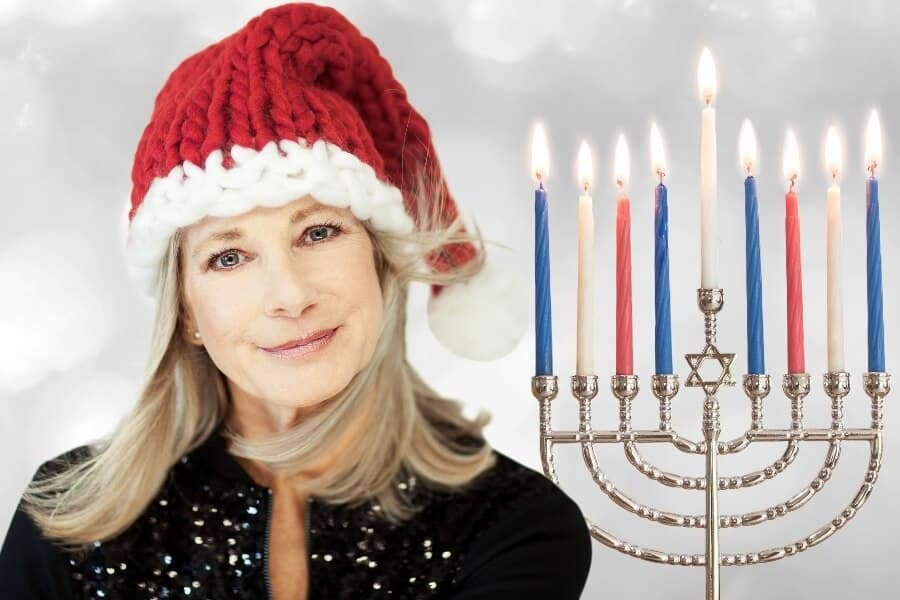
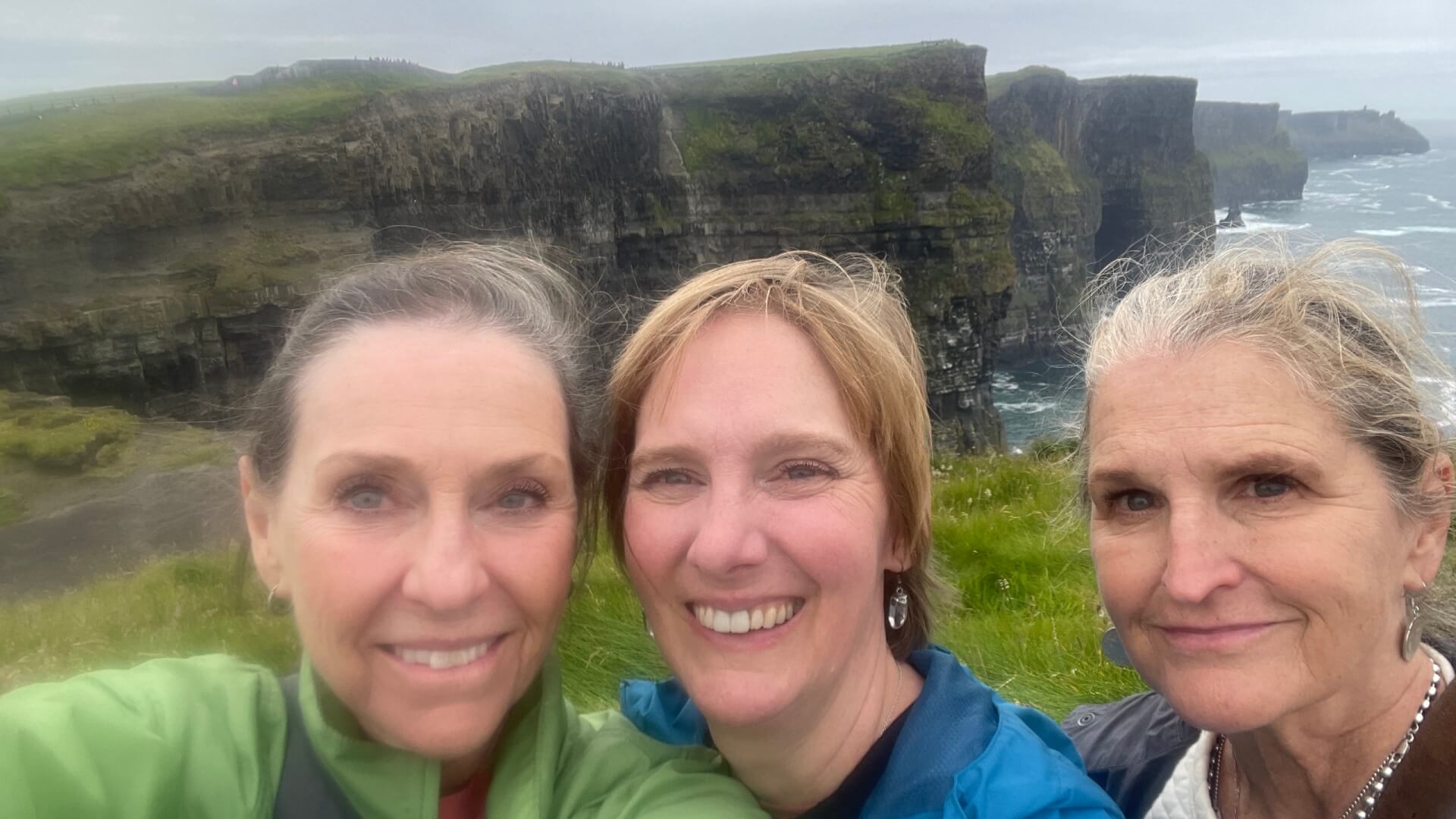
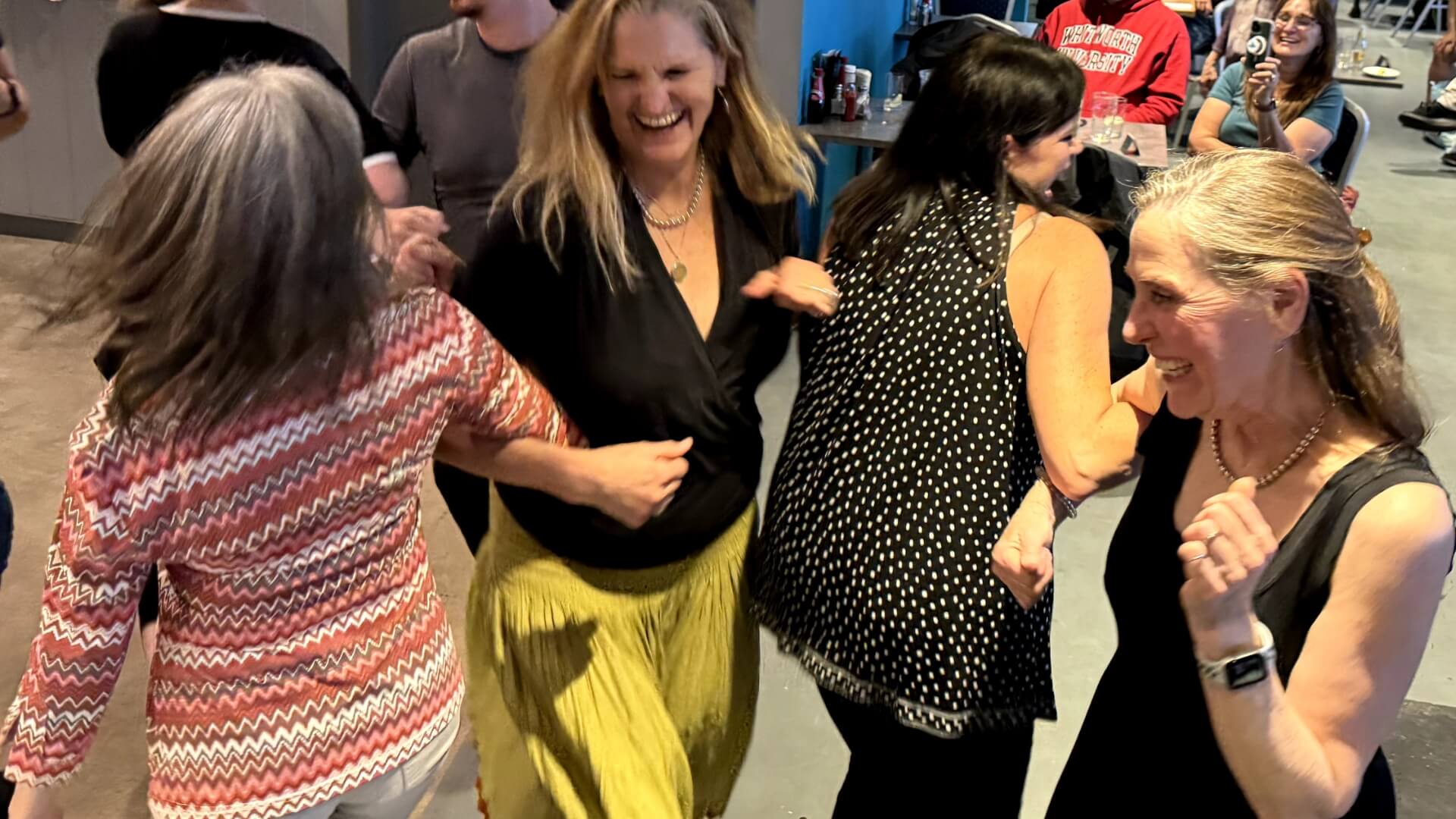
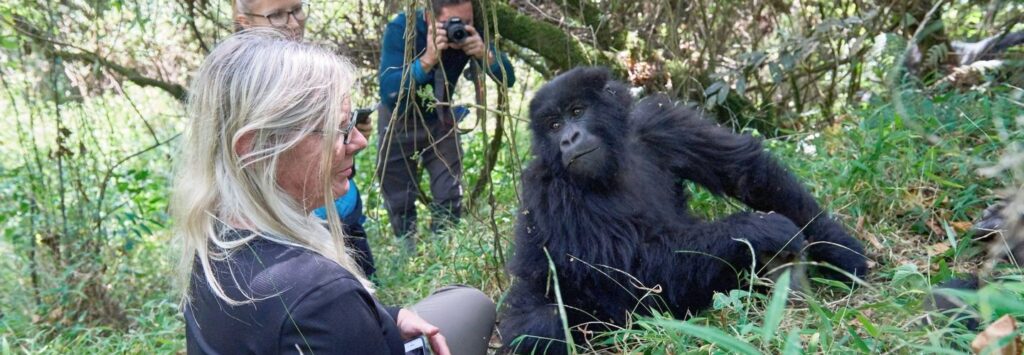


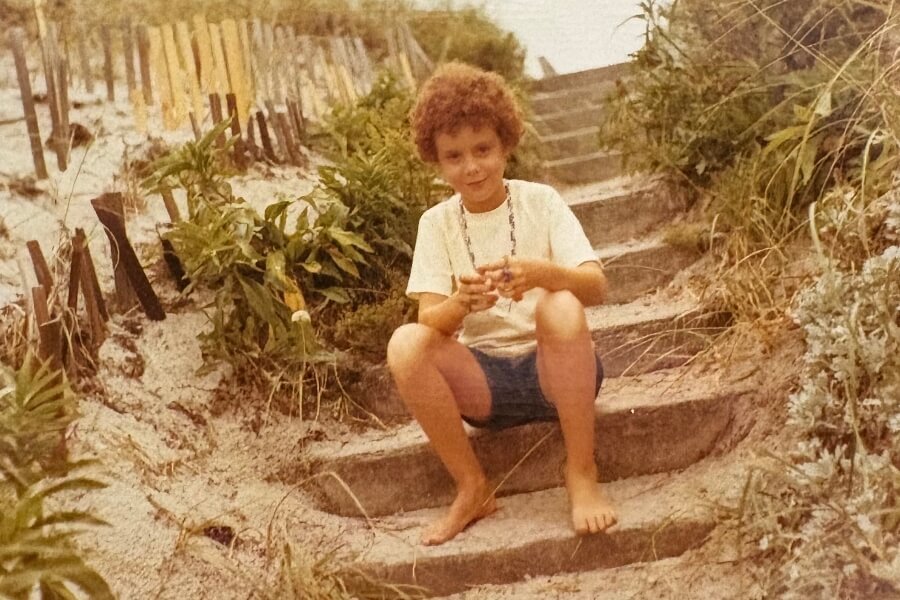

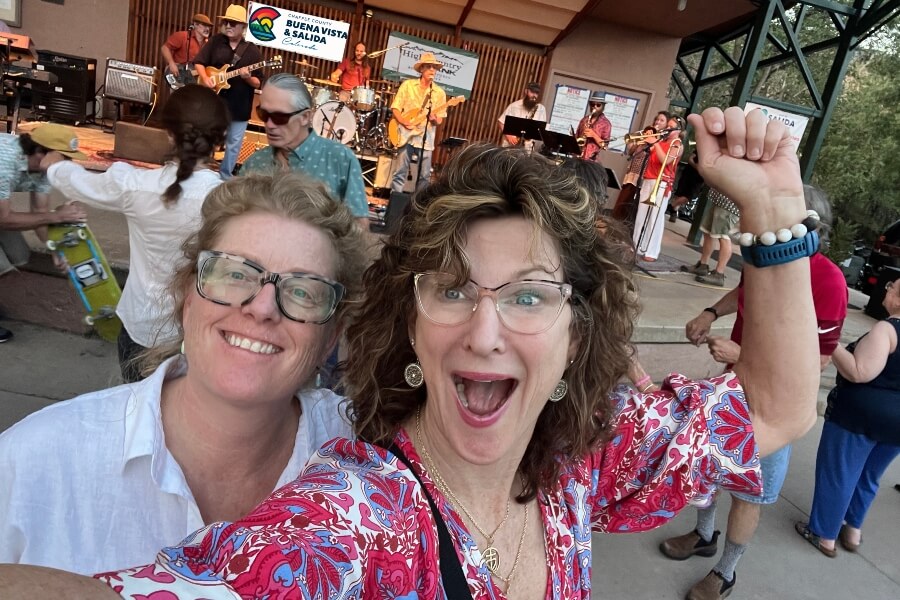


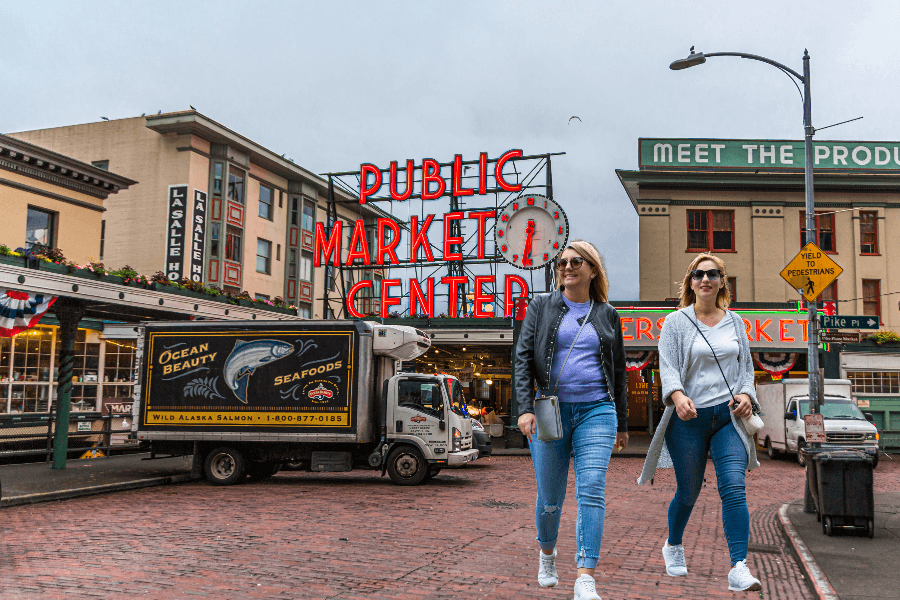




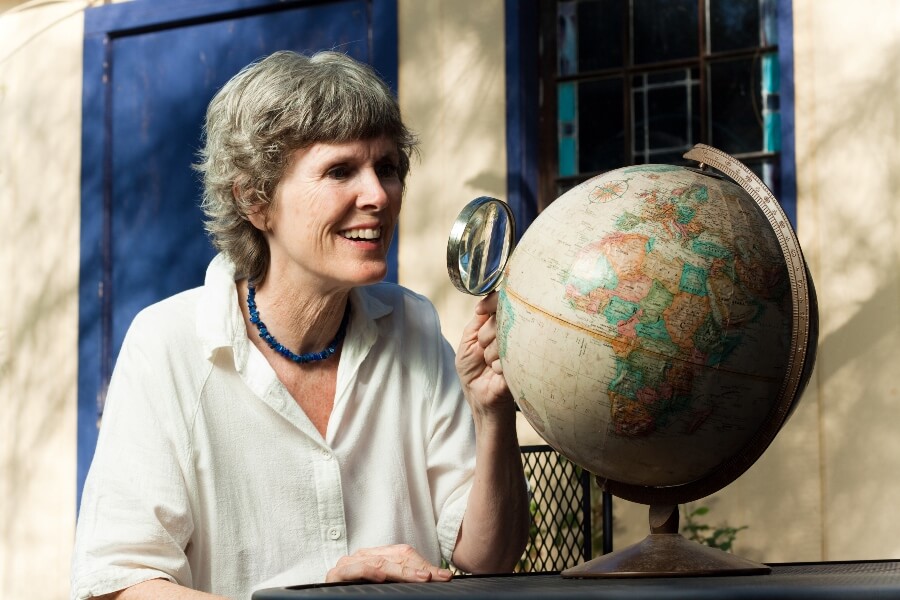
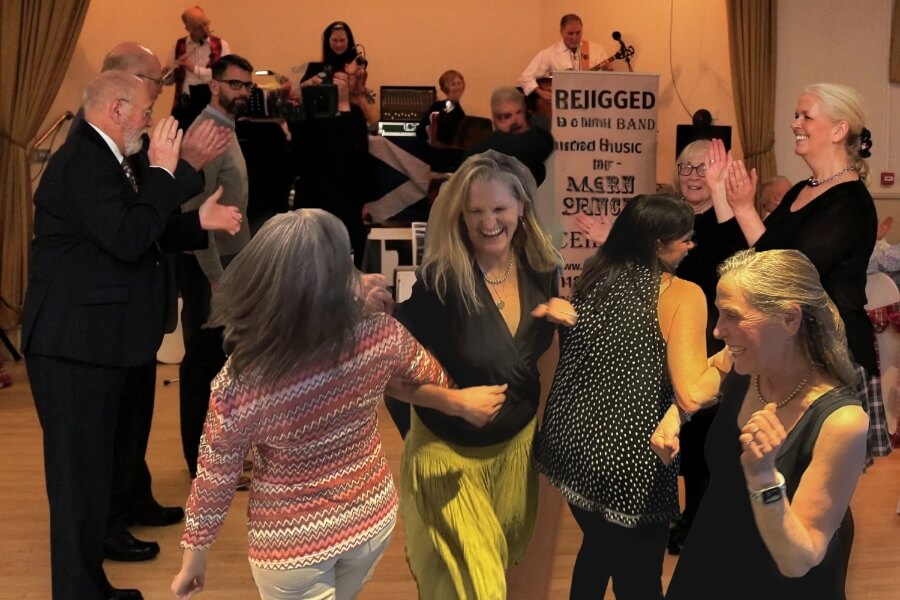

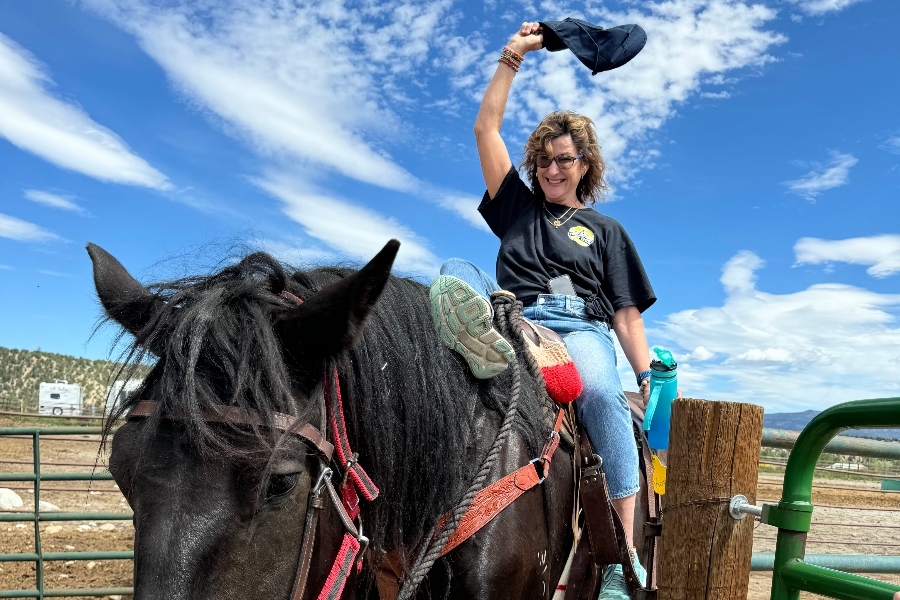


0 Comments